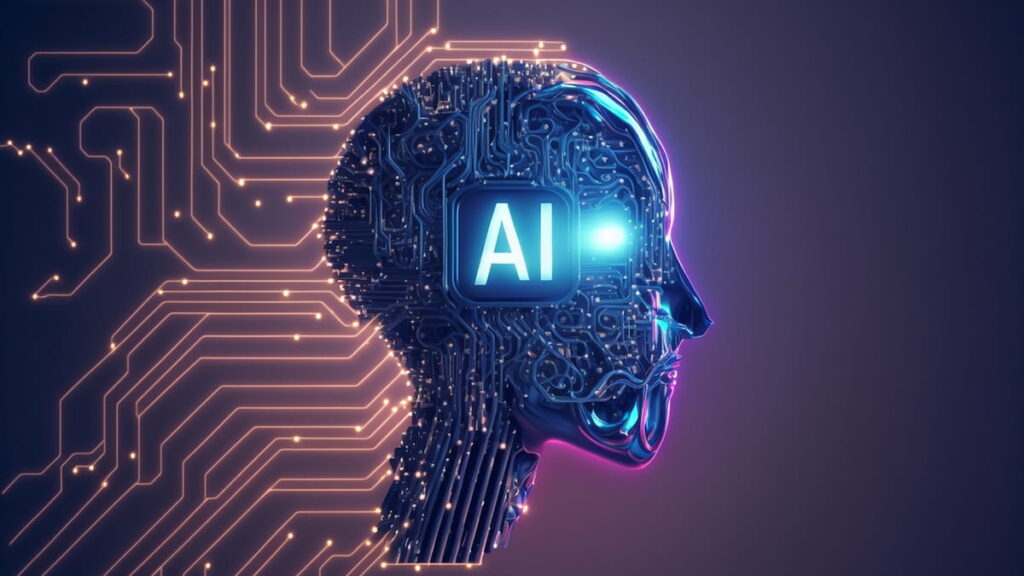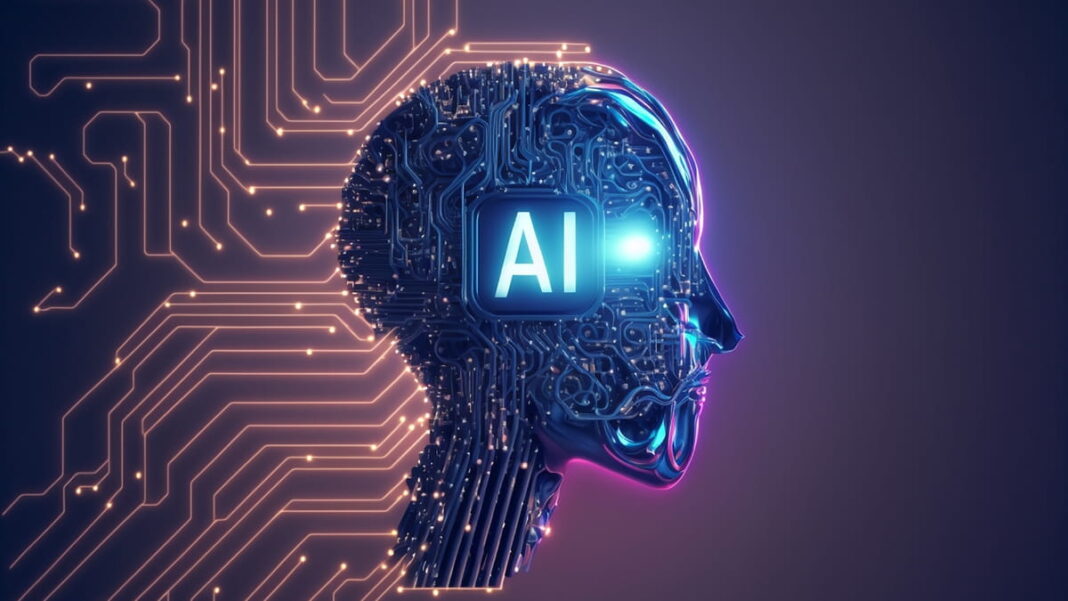
Artificial Intelligence (AI) is no longer just a buzzword—it’s transforming how digital marketers operate in 2025. From personalized ads to predictive analytics, AI is shaping the future of online advertising, offering tools that are smarter, faster, and more efficient than ever before.
In this article, we’ll explore how AI is changing digital marketing and what you can do to stay ahead of the curve.
1. AI-Powered Personalization at Scale
AI enables marketers to create hyper-personalized ads based on user behavior, preferences, and real-time interactions. Instead of generic campaigns, brands now deliver tailored content that speaks directly to individual users.
Example: AI can analyze browsing behavior and dynamically change the products shown in ads based on a user’s latest interests—boosting click-through rates and conversions.
2. Smarter Audience Targeting
AI helps identify micro-segments in your audience by analyzing huge datasets, from CRM data to social media interactions. Marketers can then build laser-focused campaigns that resonate with specific customer personas.
Benefit: Reduce ad spend waste and increase ROI by targeting only the most relevant users.
3. Predictive Analytics for Campaign Optimization
With machine learning algorithms, AI tools can forecast which type of content, channel, or offer will perform best—before a campaign even launches.
Real-world Use: Platforms like Google Ads and Meta Ads already use AI to suggest bids, optimize placements, and adjust targeting in real time.
4. Automated Content Generation and A/B Testing
AI can now generate ad copy, headlines, and social posts that are optimized for engagement. Plus, A/B testing is faster with AI automatically identifying what resonates with users and making real-time adjustments.
Pro Tip: Use tools like Jasper or Copy.ai to speed up ad copy creation without sacrificing quality.
5. Chatbots for Conversational Advertising
AI-powered chatbots are now integrated into ad experiences—especially on platforms like Facebook and Instagram. When a user clicks an ad, they’re engaged instantly through a smart chatbot that can answer questions, collect lead info, or even drive a sale.
Why it matters: You create a real-time, interactive experience that reduces drop-off and improves conversions.
6. AI and Data Privacy: Striking a Balance
As AI becomes more powerful, so does the need to respect user privacy. AI tools in 2025 are being designed to work with anonymized data and comply with regulations like GDPR and CCPA.
Marketer Takeaway: Choose AI tools that prioritize ethical data handling and transparency.
Conclusion: AI Is the Future of Digital Marketing
In 2025, marketers who embrace AI are gaining a competitive edge. Whether it’s through smarter targeting, predictive insights, or personalized content, AI is making digital advertising more effective and customer-centric.
If you’re not already leveraging AI in your marketing stack, now is the time to start. The sooner you adapt, the faster you’ll grow.



